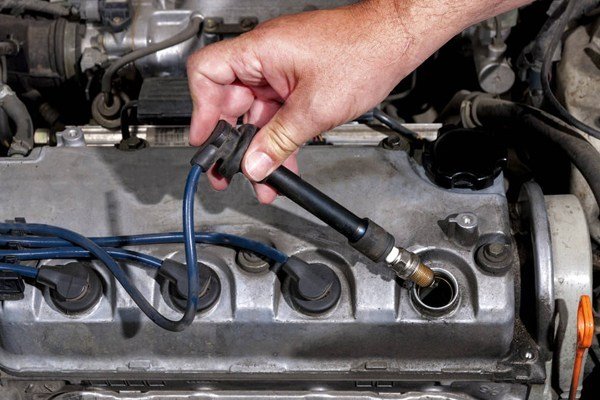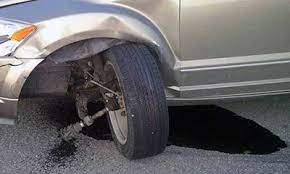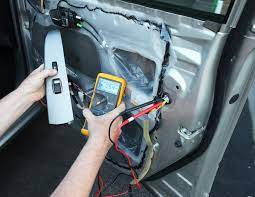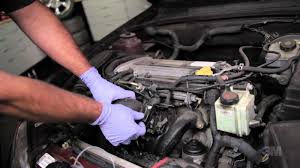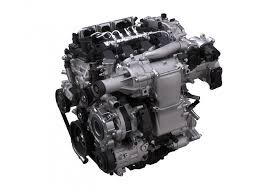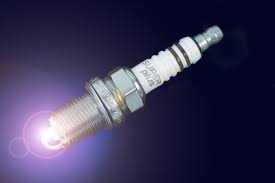
Top causes of a car misfire is going to be discussed in this article. There are lots of reasons as to why a car would misfire in the first place. To help you understand what might have been the cause of your car misfire, below are the top causes that someone could experience in this situation.
Air to Fuel Ratio Imbalance
One of the main reasons for an engine misfire can be attributed to an imbalance in the air to fuel ratio within the internal combustion chamber. This usually means there are insufficient fuel and too much air being mixed together. For the combustion to be successful, the mixture needs more fuel than air. Otherwise, you will notice the engine misfire while you remain idle. But when you’re driving at faster speeds, the symptoms of the misfire will go away. The reason there may be an imbalance due to a bad fuel pump, clogged fuel filter, or a bad air flow sensor.
Ignition System Issues
There could be a problem coming from any of the components in the ignition system. Perhaps the spark plugs aren’t creating an adequate spark for the internal combustion chamber. You could also have a worn-out ignition coil, ignition cables, rotor, or distributor cap. If any of these problems exist, the internal combustion chamber’s air and fuel mixture won’t be able to ignite properly. The weak spark will cause an engine misfire, but you might not notice right away. But as you operate the vehicle, you’ll feel its jerkiness very well.
Transmission Issues
There are times when the misfire might not even come from your engine. It could come from the transmission instead. If your car starts to jerk around like an engine misfire had occurred, your transmission may not be able to adequately shift up or down. You will notice this more when you’re driving at faster speeds. This is a bad situation like any other misfire and you need to have it repaired right away.
Mechanical Problems
Your vehicle is made up of many mechanical parts which contribute to the functionality of the engine. There are piston rings, camshaft parts, valves, and cylinder walls. If any of these parts were to get worn out, it could cause an engine misfire. The same goes for when there’s an intake manifold gasket leak or a head gasket leak. Other possible mechanical issues may include a bad fuel injector or damaged rocker arms. Check the timing belt to see if that’s installed correctly too because it may have slipped. You will know when there’s a misfire caused by mechanical issues because there will be a thumping feeling from the vehicle that will never go away, regardless of your speed.
Engine Control Module Problems
Sometimes there may be a hitch in the engine control module or the central computer of the vehicle which manages the engine. Any minor glitch there could throw off the combustion process and cause a misfire. Fortunately, there is an easy remedy to this type of problem that works most of the time. If you simply disconnect your battery and then reconnect it, this should solve any minor glitch or bug in the computer system. If the bug still exists after that, then you need to have the central computer examined at the dealership where you got the car.
Signs of Transmission Trouble
1 Check Engine Light
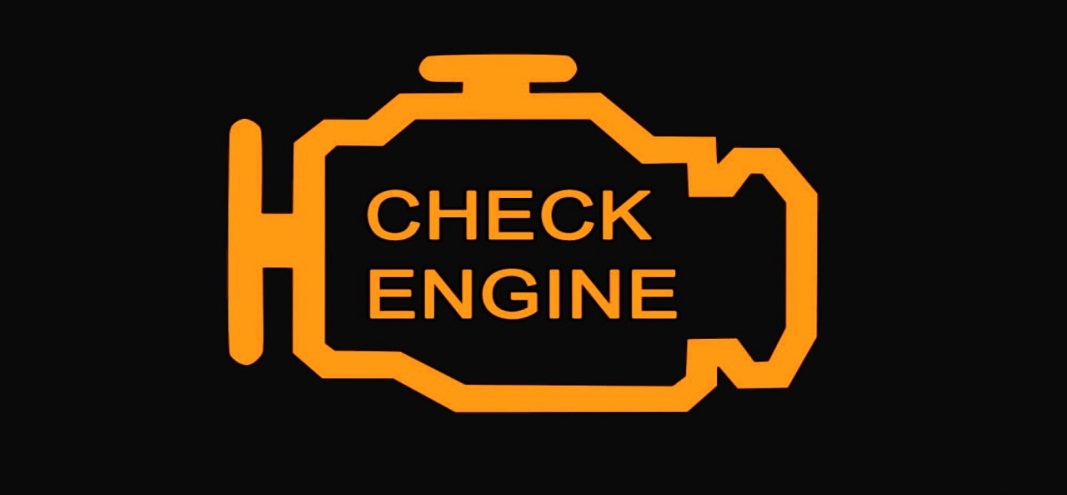
While this little light could indicate any number of issues under the cover, it could also mean you’re having transmission issues. Because the check engine light is connected to a brilliant little sensor in your engine, it can detect vibrations and problems before you ever feel or hear them. If you notice your check engine light is on, it’s probably time to take your car or call profession inspection
2 Slippery Gears
Slip-and-slide may have been one of your favorite summer activities as a kid, but you may have a problem if your gears are reenacting this childhood classic. One of your transmission’s most important jobs is keeping track of gear shifts. When it’s failing, your transmission could give your gear shift an unintended slip to neutral, severely impeding your ability to control your acceleration and, more importantly, deceleration. Your car may feel like it’s struggling to go or isn’t accelerating like it normally does.
3 Burning Smell
In general, any type of burning smell coming from your car is cause for concern. Overheated or low transmission fluid could be a potential source of this burning smell. Fresh transmission fluid tends to smell sweet or tart. When that smell turns burnt, your transmission fluid has broken down and the system is burning too hot, leading to an increase in friction and corrosive activity in the engine. If left unresolved, the transmission could eventually damage itself enough that it breaks down completely.
4 Noisy in Neutral
When your car is in neutral or even accelerating, it shouldn’t be making any major racket. If you’re hearing grinds, bumps, or any noise you would classify as “unusual,” you may have a transmission problem brewing. The source of the issue could be something simple, like low transmission fluid, or something major, such as worn bearings or gear teeth. Noises could mean it may be time to get your transmission checked out.
5 Leaky Fluid
Fluid shouldn’t be visibly leaking from your vehicle. Any sort of leak is a sign that something’s up. Transmission fluid is typically red, should have a somewhat sweet smell, and if leaking it will drip from under the middle of the car. A leak signals a gap somewhere in your transmission, worn seals or gaskets, a loose transmission pan, an out of balance drive shaft, or damaged part.
6 Tricky Transitions
Your car’s gears are constantly shifting. Strange surges of power or grinding noises during gear shifts could mean your transmission is troubled. If it feels like your car’s being pulled by a jumping bungee cord instead of traveling smoothly, get things checked out. Slipping, grinding, or jumping during acceleration when the car is shifting gears could signal transmission problems.
Read more: 7 Benefit of Preventive Maintenance Strategy

